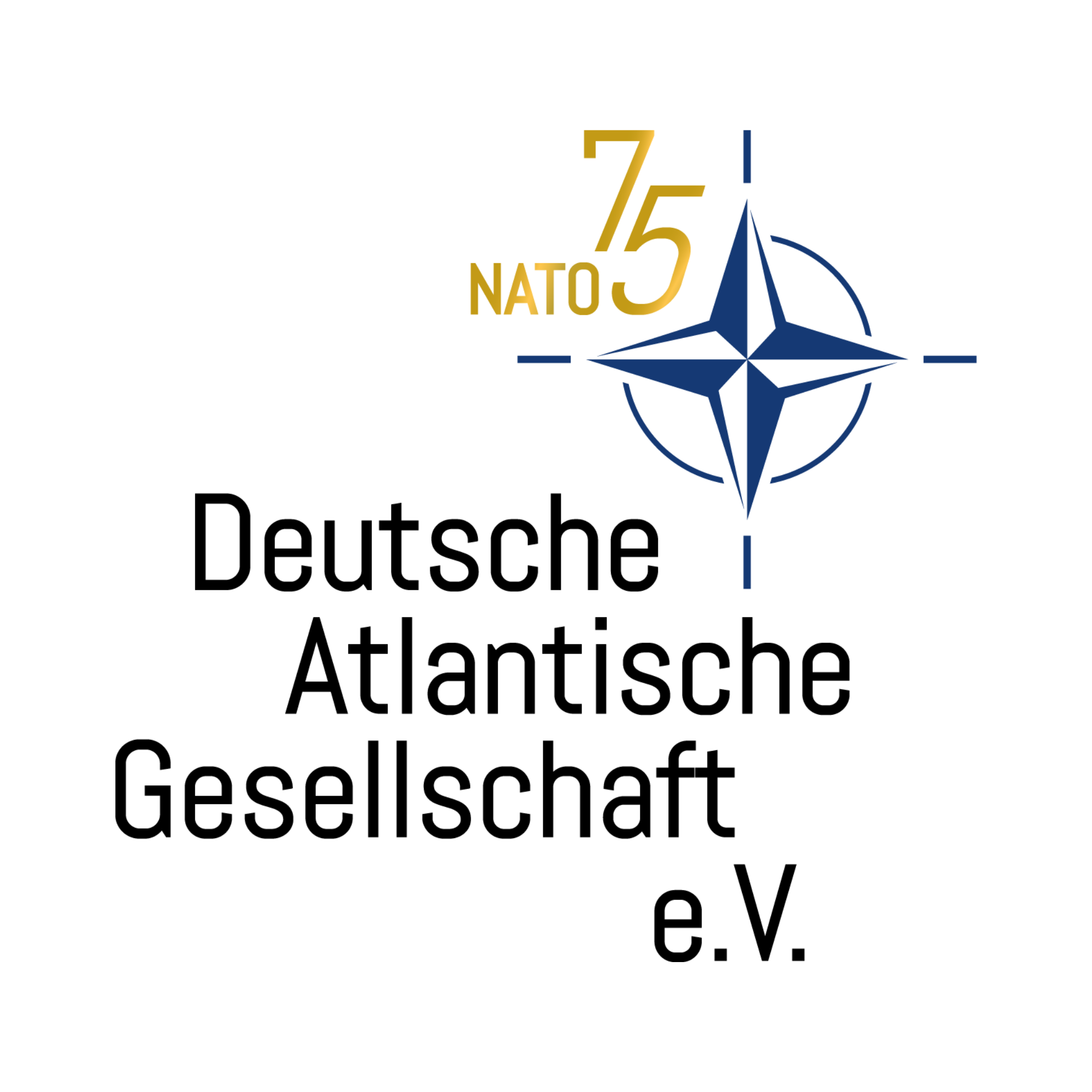EU and USA – A Strong Alliance? Reordering Geopolitics in the Wake of Putin’s War
After Putin’s attack on Ukraine, a unified response by the U.S., Europe, and other allies was swift: Support for Ukraine was strong both economically and militarily severe sanctions were put in place to punish the Russian economy and thus undermining Russian support for Putin’s régime. The Western world was standing shoulder to shoulder in its efforts—a unity unprecedented since the end of the Cold War in the early 1990s. In particular, NATO proved to be a valuable agent in showcasing its efficiency and its capability to act when necessary. Furthermore, its member countries showed a swiftness and willingness when it came to funding their armies and military infrastructures.
Whereas general support for Ukraine remains strong among NATO and its allied countries, the war in Ukraine also obfuscates the fractures within the transatlantic partnership that loom beneath the surface. E.g. despite all well-meaning assertions, the NATO two-percent goal is still not being met by many member countries such as Germany and France. U.S. support for Ukraine, and potentially also for NATO, could wane during a second Trump administration.
Moreover, if one looks beyond traditional security policies, NATO member countries are far from unified when it comes to responses to the re-ordering of geopolitics in the wake of China’s rise as a global power. Whereas the U.S. takes every measurement to ensure that Pax Americana prevails, Europe seems often unsettled in its response to U.S. hegemonial efforts.
Accordingly, in this Winter School we want to discuss the following main topics and develop ideas on how to further the transatlantic partnership in order to create resilience for Western democracies.
- The future of NATO in the face of Russian aggression and tectonic shifts in global hegemonies – future challenges and opportunities
- Securing European and U.S. interests in the future global order – a common endeavor?
- Domestic perspectives on NATO and the transatlantic partnership
Main Goal of the Winter School
The main goal of the Winter School is to both deepen knowledge in relation to NATO and the transatlantic partnership and critically rethink the conditions under which NATO and its member countries can peacefully flourish. Accordingly, we expect participants to come well prepared and willing to challenge their own perspectives on the topic.
Who can participate?
We invite young people under 35 years of age with differing regional backgrounds to join us for this Winter School. Each participant should have some experience, interest, or study focus on security politics and connected issues. Participant should be willing to challenge their positions in light of various arguments. We particularly invite women to apply and aim for at least a 50% rate of female participation.
Why apply?
This Winter School will be an excellent opportunity to not only develop your perspectives on the future of the transatlantic partnership; it will also provide a great opportunity to get in touch with leading experts in the topical field, thus expanding your network. Furthermore, you will receive a certificate for your successful participation.
Last but not least, you will have the opportunity to develop the ideas delineated in the Winter School and introduce them to the audiences at the Munich Security Conference and Amerikahaus Youth Hub. This is an excellent way to bring youth-driven impulses to the international security politics community.
How to apply
Your application should include your CV/resumé and a short letter of motivation where you indicate your experience and interests in connection with the relevant topics of the Winter School, such as international politics, security policies, or transatlantic relations. Please send your application via e‑mail to faltermeier@amerikahaus.de until Monday, November 20, 2023.
Travel allowances are available for applicants that are not from the metropolitan area of Munich. In general, we will be able to grant €100 to people travelling from Germany, and €200 to people from outside of Germany. Should potential applicants’ financial circumstances deter them from applying, reach out to us with your application materials and further information to discuss possible solutions.
Preliminary Timeline
Friday, December 01, 2023
1 p.m. Registration
2 p.m. Welcome and Opening Remarks
2:30 p.m. – 4 p.m. Transatlantic Partnership – A Primer on the Status Quo in Trade, Security, and Geopolitics
4:30 p.m. – 6 p.m. Workshop 1
NATO and its Allies – Future Challenges and Opportunities
7 p.m. – 8:30 p.m. Keynote
Title tbd.
9 p.m. – 10:30 p.m. Food for Thought: Topical Conference Dinner
Feminist Foreign Policy and the Transatlantic Partnership
Saturday, December 02, 2023
9:30 a.m. – 11 a.m. Workshop 2
Transatlantic Partnership, New Geopolitical Constellations, Conflicting Viewpoints between EU and US I
11:30 a.m. – 1 p.m. Workshop 3
Transatlantic Partnership, New Geopolitical Constellations, Conflicting Viewpoints between EU and US II
1 p.m. Lunch Break
2 p.m. – 3 p.m. Panel Discussion
Politicians’ Perspectives on the Transatlantic Partnership
3:30 p.m. – 5 p.m. Workshop 4
Domestic Struggles and Transatlantic Cooperation
5 p.m. – 6 p.m. Dinner Break
6 p.m. – 8 p.m. Brainstorming and Group Formation
Sunday, December 03, 2023
9 a.m. – 11 a.m. Ideational Café: Group Work – Develop Ideas on how the transatlantic partnership will remain relevant and productive.
11 a.m. – 1 p.m. Workshop: Forecasting the Transatlantic Partnership (organized by Bertelsmann Foundation)
2 p.m. – 3 p.m. Presentation of Group Work
3 p.m. End of Winter School – Farewell















